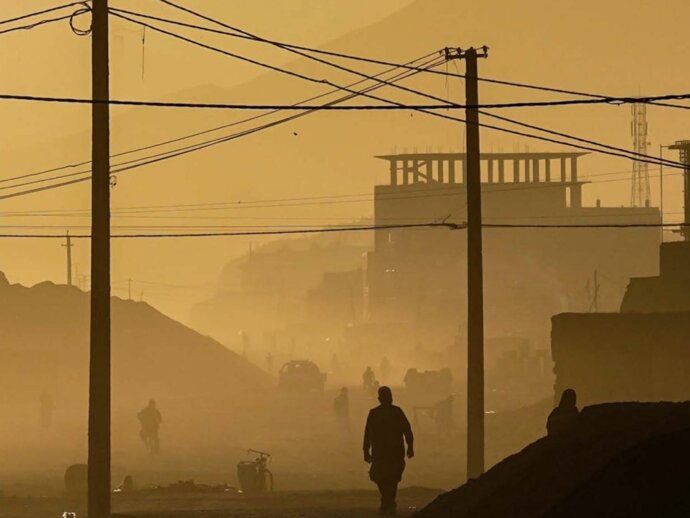Guide for Mental Health Practitioners Working with Afghan Sanctuary Seekers
Given the high rates of mental health problems, the large number of people fleeing the country, and severe stress of the migration bureaucracy, mental health professionals urgently need advice and guidance in treating Afghan sanctuary seekers.
This co-produced guide hopes to support health professionals in talking about and treating mental ill health in Afghan sanctuary seekers. This guide is not a how-to describing every aspect of how Afghan culture influences mental health. Afghanistan is a country of many languages, traditions, religious beliefs, and diaspora connections - we would need many books to even begin describing them all. Rather, we aim to create a starting point and resource for mental health professionals to think about mental health conversation starters, how to tailor access to mental health for Afghan sanctuary seekers, improving the quality of care after access, considering a range of culturally appropriate treatment options, and identifying mental health difficulties in the first instance. At the heart of this, is encouraging cultural humility in mental health professionals offering counselling, therapy, medication and other forms of treatment to Afghan sanctuary seekers.
QUAHRC Involvement
The QUARHC worked with Afghan organisations and a post-doctoral student to successfully submit a funding application to the ESRC, assisted in supervision of a lived experience researcher and provided them training materials, reviewed guide methodology and draft guides, and formed part of the advisory board.
Project impact
The guide has influenced the development of policy and practice around Afghan evacuees. The Afghan organisations have presented to Home Office and NHS representatives in England and Wales on how to offer culturally appropriate mental health support during resettlement. As a result, two members of the advisory board have been assigned to government committees on refugees and mental health, further influencing policy and practice. The guide and an associated training that is being developed, is supporting mental health work with hotels hosting Afghans. We also hope that this guide serves as a model for co-production with sanctuary seeking communities and country specific health guides that introduce practitioners to new cultures.
